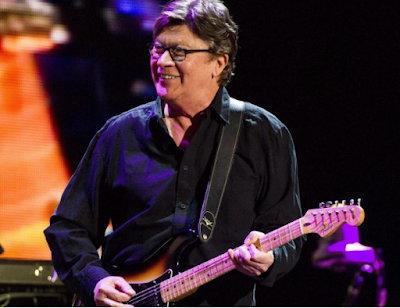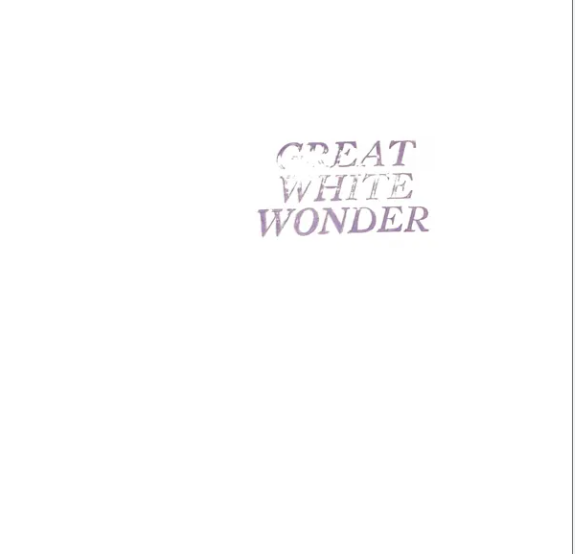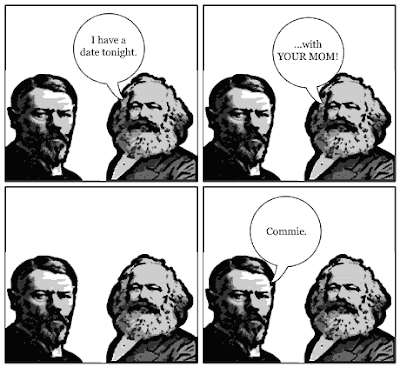His songs were monologues of a sort and were economical in the way people tend to be when recollecting the joys or heartbreaks of the lives they've lived. Robertson had a brilliance for a character sketch ; even his wordiest songs are spare, free of mood killing literary language. He could take himself out of the narrative and let his passion and concern for Southern lives come across in masterfully understated testimonials. His art is, of course, supplemented to no end by the superb contributions of his band mates--Richard Manuel, Garth Hudson, Rick Danko, Levon Helm-- and their astounding ability to incorporate so many hard-to-assimiliate genres in material that made a merging of gospel, old school blues, country music and ragtime into a natural and organic expression of musical emotion are the sort of things we can study for years to come, and there will likely remain debates as to the size of the contributions the other members made to the songwriting, but for the meantime I am content to acknowledge the profundity of Robertson's contributions.
Wednesday, August 9, 2023
ROBBIE ROBERTSON , RIP
Friday, August 4, 2023
STOP GOING TO FUNERALS FOR THINGS THAT HAVEN'T DIED
The Spectator (Australia) has wondered out loud if rock criticism, an intriguing and snarking subcatagory of journalism is all but spent. They cite no less an authority than Ed Sheeran to suggest the waning days of music opinion mongering are in the late stages. Even so, this is more a matter of wondering what the interest in announcing something as officially deceased and irrelevant? These are the sort of pieces that get written late at night because they can be very light on hard facts supporting the assertion, can be allowed to be vague and irritatinging in their collective inability to really take a stance. It's a race against deadline and the assured result is sloppy thinking. Now and then a writer decides to pad his required number of articles he has committed to submit to his editor by taking the pulse of a cultural expression and opining whether the activity is dead. Is theater dead? How about rock and roll? Or jazz, really, is that still a thing? And painting, Christ, painting is as dead as a boot, no? Cinema is dead, we know, and movie theaters are going away?..You get the idea. Some things do, of course, seem to vanish, such as vinyl records and eventually CDs, though they have not completely been eradicated: both have made a comeback among noticeable consumer subgroups. But both things were quickly supplanted when digital formats and the internet trampled the established ways of acquiring music. We know, however, that declarations that specific art forms, from literature to the visual arts, are dead seem more wishful thinking , a hot take of cultural trends that often enough begins with provocative headlines but towards the end of the various squibs that take this tack end up with no conclusion other than sighing “…we will see.” What we have are areas where newer ways of expression, getting news, advertising , expressing oneself poetically , et al, have new ways of coming into being, something that does not mean a death sentence for whatever came before. So this issue as to whether rock criticism is dead or dying? Death and dying are strong and sloppy terms to apply to anything that is ongoing, and I would think that as long as people buy music, they will want to read about it and talk about it and have disagreements about musical artists and the relative qualities involved in ones preferred measures of the Big Beat. Someone will write about a new album or a concert and someone else will read it and the dynamic continues anew. For the diminished role critics play in influencing consumers, well…we will see…
Thursday, August 3, 2023
QUICK RECOLLECTIONS OF TWO 1969 BOOTLEGS
The Dylan, though, is genuinely historic, a batch of diverse and wonderfully crafted tunes melodically and lyrically. I still don’t think he is a poet, but the lyrics here-- TEARS OF RAGE, THE MIGHTY QUINN, THIS WHEEL’S ON FIRE, TOO MUCH OF NOTHING-- are some of the finest and most subtle of his career, and his selection of covers are choice and reveal that Dylan, in his prime, could reinvent traditional material and make them relevant to an audience that was starved for something more than cocktails, drunk romance and songs that were thick with cliché and platitude. The Great White Hope has only gotten richer with time. I subscribe to the idea that the best rock poetry are the ones that show the art of what was almost said, which was what Dylan could do when he had all his pistons firing, a mix of idiomatic diction, biblical allusion, a sort of bucolic surrealism , along with a host of other lyric influences that sift through blues, country and such for the sort of mash ups he specialized in. I think we’re on the same page, that his best lyrics work not because they make sense in literal terms but that they give a sense of mood, temperament, whatever the prevailing emotional tone might happen to be for the song, joy, or despair.
He does this in any number of ways–odd juxtapositions of physical items (lace=knot), cunning use of nonsequiturs to undercut encroaching cliché and sentimentality and suggest there are deeper levels to explore–but the fun in Dylan’s strongest songs-as-poems is the sort of oh-wow factor where you can’t believe he came up with one catchy couplet after another, a sensation similar to (in my mind) to listening to a Coltrane or Dolphy solo where the runs , riffs, and full on phrases exhibit a serial genius. This is my Bob Dylan.”
BARRY ALFONSO:I certainly agree about GWW, Ted. Tackling the value and substance of Dylan's Basement Tapes songs is difficult because, I think, they involve a different standard that you might use for most song lyrics (or poetry, for that matter). There are lines in "The Mighty Quinn" and "This Wheel's On Fire" that are near-gibberish, akin to the silly wordplay in "Polly Wolly Doodle" or "Oh, Susanna." "If your memory serves you well/I was going to confiscate your lace/And wrap it up in a sailor's knot/and hide it in your case" -- this sort of thing has almost no conventional meaning worth treating seriously. It is almost the sort of nonsense you might write in a song if you are holding a place for what you might write later. (I did that in Nashville.) But the FEELING of it is clear -- it is sly and spooky and insinuating and begs you to try to untangle what it is saying. Add to this that the performance of these songs by Dylan and the Band is filled with wacky/ominous emotion. Scarcely any people can write and record stuff like that. I love those songs. Those are my favorite Dylan songs, in fact.
WILLIAM HAMILTON: Breet, chitter, grelb.
Tuesday, August 1, 2023
Oh yeah?
Brit-pop in the 60s was a wonderland of sterling harmonies and the Hollies, Graham Nash edition, were champions at musical hooks and vocal synchronization. This punchy little masterpiece grabbed me right away back when I was but a whelp, especially the chorus, a vocal traffic jam of different melody lines stacked atop one another, going in different directions, clashing and dissonant and structurally effective, the brief miasma brought together again with Nash's high note at the end.
Neil Young's sci-fi junkie lament 'After the Goldrush" gets a harmonized rendition in this 1974 release. The lead vocal by Irene Hume reveals a slightly husky voice that characterizes the solo and chorus arrangement, with an appealing result that makes you think of a choir of Melanies . A perfect radio hit for the time, pleasant melody, depressed lyrics, alluring vocal craft.
John Lennonhad a grudge against bandmate Paul , a resentment he dutifully burnished until it was shiny like an acrylic turd, a brown and gleeming chuck of ill will. Of course
he wrote a song about it , laying everything out except Sir McCartney's name. As an issue of disrespect, it's in a class by itself, but the howler of this whole enterprise centers around the most quoted lyric, "...the only thing you did was yesterday..." The longer view of the Beatles reveals PM's contributions to the creative surges was, in fact, profound, at which point it makes me consider the idea that McCartney would likely have been a pop star of some sort without Lennon. Lennon, always a raw dog who improved vastly as a tunesmith , singer and lyricist due to his association with McCartney, would likely have had a rougher go of it.




